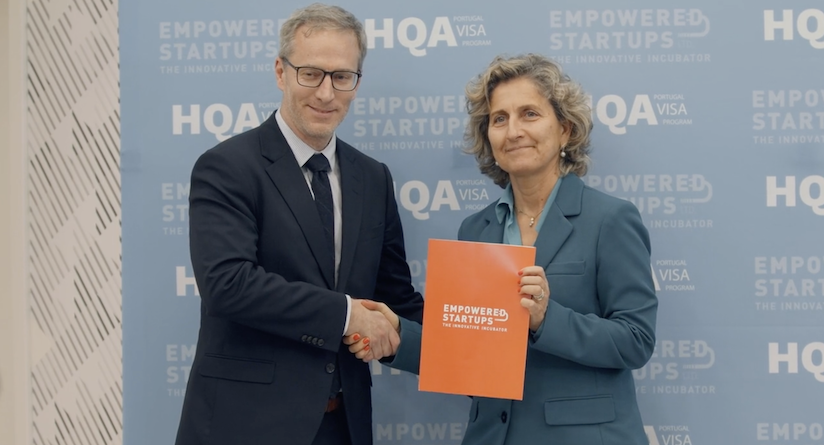Pivoting for Prosperity in Portugal: Post-NHR Tax Benefits for Innovators

Empowered Startups
IMI Official Partner
While concerns about the elimination of the real estate core of Portugal’s Golden Visa program and the proposed end of the Non-Habitual Residency (NHR) tax continue to percolate, transnational entrepreneurs are well positioned to benefit from the country’s policies both at present and in the future.
The resignation of Portuguese Prime Minister António Costa has an immediate impact on his proposed elimination of the Non-Habitual Resident (NHR) tax regime. Costa had planned to cease or phase out the current iteration of NHR tax benefits beginning in 2024, but his resignation means that proposal will not be submitted. The result is that the NHR will continue for at least another year, which is advantageous for individuals who relocate to Portugal.
Though it’s impossible to predict the future of the NHR tax regime beyond 2024, all indications point to continued incentives for entrepreneurs in the fields of scientific research and innovation. Such benefits would be consistent with Portugal’s committed campaign to establish itself as a global leader in technology and innovation, which has steadily grown over the past half decade.
“Since we began working with the Portuguese government five years ago, there has been a determined and coordinated effort to infuse further innovation into the country’s already burgeoning technology sector,” said Chris Lennon, President of Empowered Startups. “The entrepreneurs we’ve partnered with universities and polytechnics through the HQA Visa program are contributing to growth in multiple ways that directly align with the government’s stated vision for the evolution of Portugal.”
A Canadian multinational, Empowered Startups employs a superior incubation model for transnational R&D startups that directly benefits stakeholders of a nation’s entrepreneurship ecosystem. Incoming entrepreneurs are matched with world-class R&D facilities at partner institutions and, in turn, provide skilled employment opportunities for Portuguese citizens. Not only does this program facilitate the growth of Portugal’s technology sector, but it also supports the government’s initiative to bolster the country’s interior.
“Our main vision for territorial cohesion is that science, technology, entrepreneurs are the main instrument that we have in these interior regions to attract the people and create value,” explained Portugal’s Minister of Territorial Cohesion, Ana Abrunhosa, earlier this year. “We look at you [Empowered Startups] as a close friend and partner of territorial cohesion.”
As the only government-endorsed delivery partner of the HQA Visa, Empowered Startups has paired more than 50 entrepreneurs with higher education institutions in Portugal’s interior since 2019 and has committed to increasing that number substantially in the near future.
“We realize that the investment we bring is welcome in the interior, that there is potential for the implementation of new projects, that our entrepreneurs are very well received, and that there is space for new companies,” says Lennon. “We can bridge the gap between science and industry in these regions. We see opportunities in the interior of Portugal for new projects with global potential.”
More information about the HQA Visa Program can be found at https://hqavisa.pt/ and at https://empoweredstartups.com/portugal-hqa-visa/

